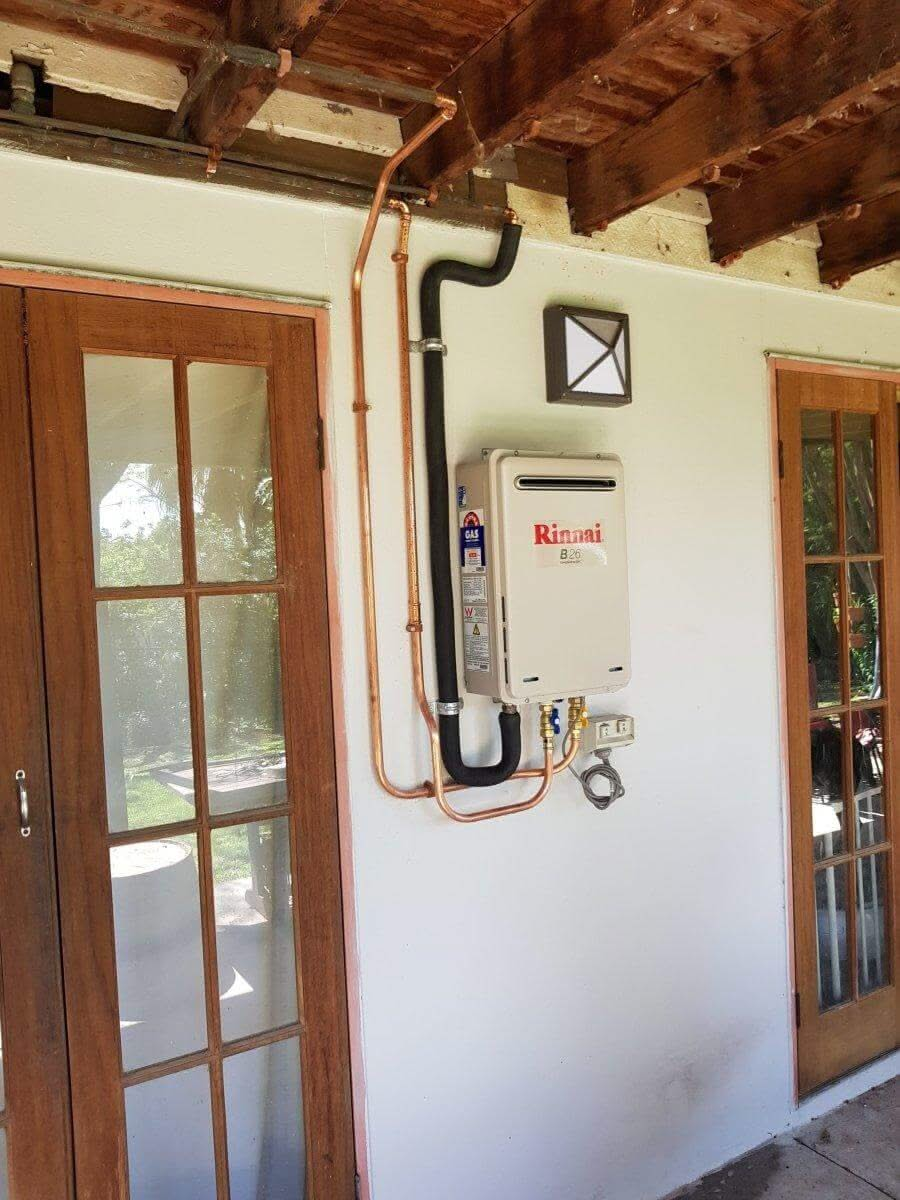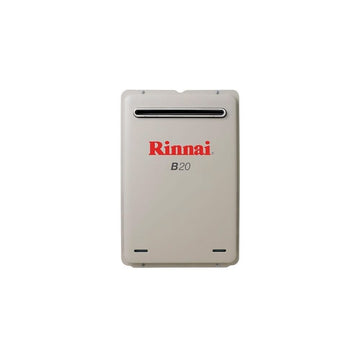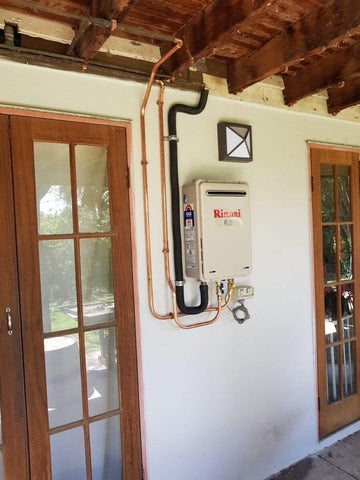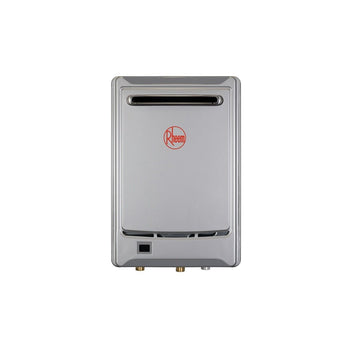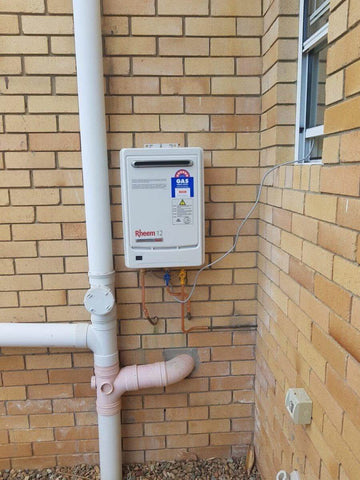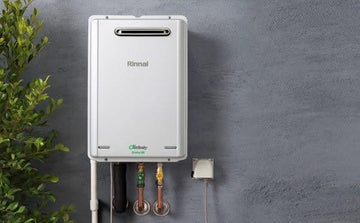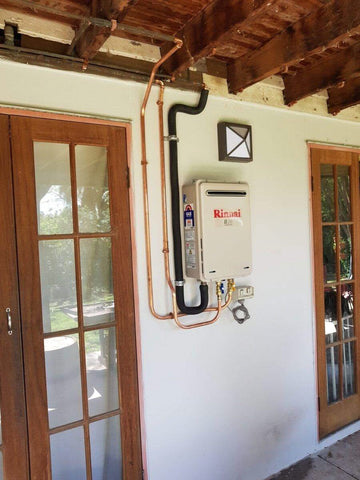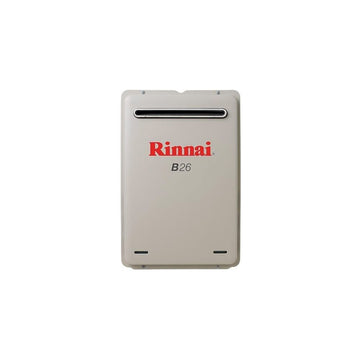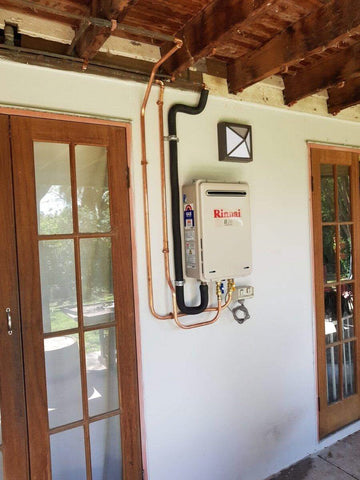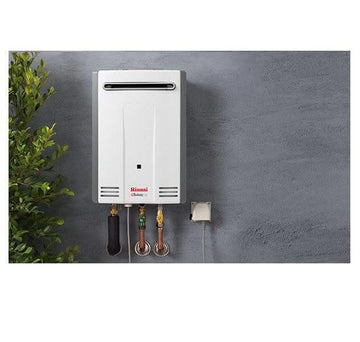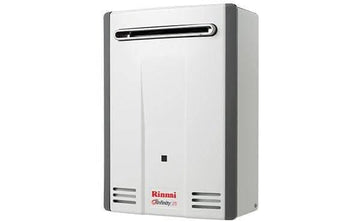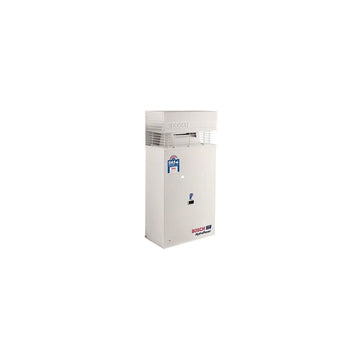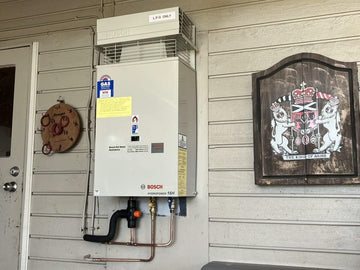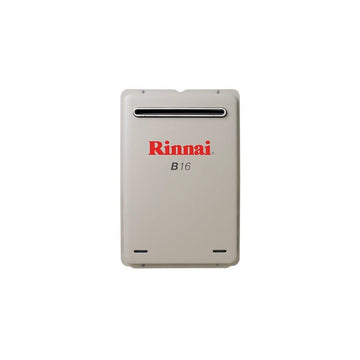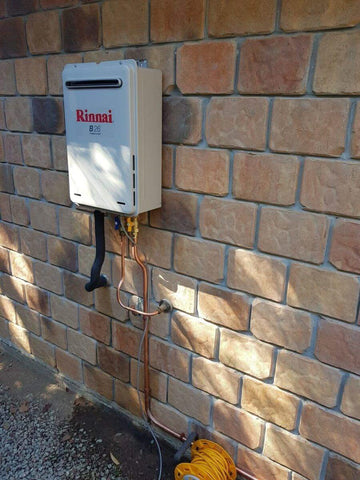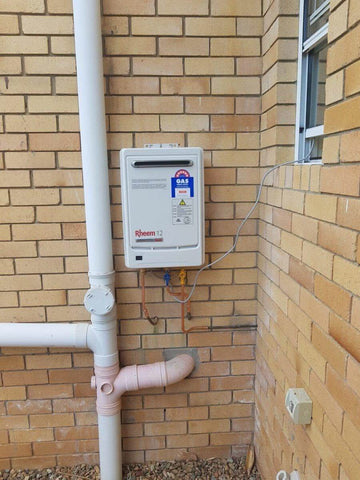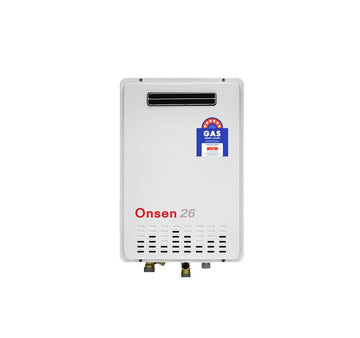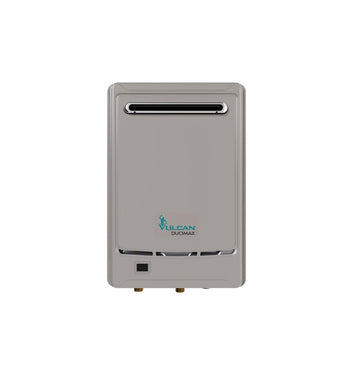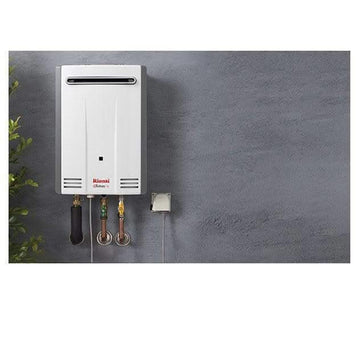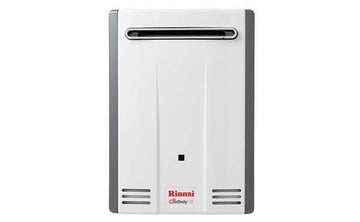Gas vs Electric Instant Hot Water: Which One is Best for Your Home?
Choosing the right instant hot water system can make a big difference in your home's energy efficiency, running costs, and long-term reliability. Whether you’re considering gas continuous flow or tankless electric, it’s essential to weigh the pros, cons, and costs before making a decision.
Below, we break down the differences to help you decide which system best suits your needs.
What is an Instantaneous Hot Water System?
An instantaneous hot water system, also known as a continuous flow or tankless system, heats water only when needed. Unlike traditional storage hot water systems, which maintain a reservoir of hot water 24/7, an instant system only heats water as it flows through the unit.
This results in:
-
Lower energy consumption – no standby heat loss
-
Endless hot water supply – perfect for large households
-
Compact design – no bulky storage tank required
Available in two types:
-
Gas continuous flow: Uses natural gas or LPG to heat water via a burner.
-
Tankless electric: Uses electric heating elements to heat water on demand.
Both options are popular, but their installation costs, efficiency, and long-term savings differ significantly.
Gas Continuous Flow vs. Tankless Electric: Key Differences
| Feature | Gas Continuous Flow | Tankless Electric |
|---|---|---|
| Energy Efficiency | ⭐⭐⭐⭐⭐ High – Only heats water when needed | ⭐⭐ Lower – Can be expensive to run on electricity |
| Running Costs | 🔥 Lower gas bills compared to electric | ⚡ Higher electricity bills, especially on peak tariffs |
| Upfront Cost | 🏠 Higher unit price but cheaper long-term | 💰 Lower unit cost but higher running costs |
| Installation Cost | More affordable if gas is available | May require 3-phase power upgrade |
| Lifespan | ⏳ 20+ years | ⏳ 10–15 years |
| Hot Water Output | ✅ Better for large households | ⚠️ Limited flow rate with multiple outlets |
| Space Requirements | ✅ Compact indoor/outdoor options | ✅ Very compact, fits small spaces |
| Environmental Impact | 🌿 Lower carbon footprint than electric | ⚠️ Depends on grid electricity |
| Backup During Outage? | ✅ Yes, if pilot ignition | ❌ No – electric-dependent |
🏆 Winner: Gas Continuous Flow
For most homes, gas continuous flow offers the best balance of cost, efficiency, and performance.
Gas Continuous Flow – How It Works & Why It’s Better
Gas-powered continuous flow hot water systems ignite only when a tap is turned on, delivering:
-
Lower gas consumption compared to storage tanks
-
Endless hot water supply – ideal for busy households
-
Compatibility with both natural gas and LPG
Pros:
-
✅ 5–7 Star energy efficiency – lower running costs
-
✅ Fast heating – water heated instantly
-
✅ Great for large homes – multiple taps without pressure loss
-
✅ Long lifespan – 20+ years with minimal maintenance
-
✅ More eco-friendly than electric systems
Cons:
-
❌ Requires a gas connection
-
❌ Higher upfront cost (offset by long-term savings)
Cost Breakdown:
-
Unit Price: $900 – $2,500
-
Installation: $500 – $1,200 (less if gas is already available)
-
Running Cost: $200 – $500/year
Recommended Models:
-
Rinnai Infinity 26
-
Rheem Metro 26
-
Dux Always Hot 26
Explore more options:
Instant Gas Hot Water Systems
Tankless Electric – Is It Worth It?
Tankless electric systems use heating elements to heat water on demand but come with drawbacks.
Pros:
-
✅ Lower upfront cost
-
✅ Compact and easy to install
-
✅ Suitable for small households or single outlets
Cons:
-
❌ High running costs – electricity is much more expensive than gas
-
❌ Requires 3-phase power (many homes don’t have it)
-
❌ Struggles with multiple outlets – limited capacity
Cost Breakdown:
-
Unit Price: $500 – $1,500
-
Installation: $800 – $2,500 (if 3-phase upgrade needed)
-
Running Cost: $600 – $1,500/year
When Is Tankless Electric a Good Option?
-
No gas supply
-
Only need hot water for one tap
-
Extremely limited space
Which One Saves You More Money?
| Factor | Gas Continuous Flow | Tankless Electric |
|---|---|---|
| Upfront Cost | 💰 Higher | ✅ Lower |
| Installation Cost | ✅ Lower (if gas available) | ❌ Higher (if 3-phase upgrade) |
| Running Cost | ✅ $200–$500/year | ❌ $600–$1,500/year |
| Lifespan | ✅ 20+ years | ❌ 10–15 years |
| Best For | ✅ Full-house hot water | ⚠️ Small households, office sinks |
🏆 Overall Winner: Gas Continuous Flow
For long-term savings and reliability, gas continuous flow systems outperform electric tankless units.
Alternative Option – Heat Pumps for Maximum Efficiency
If sustainability is a priority, a heat pump hot water system could be the best choice.
Why Consider a Heat Pump?
-
✅ Uses up to 75% less energy than electric storage
-
✅ Works in most Australian climates
-
✅ Eligible for government rebates
Explore options:
Heat Pump Water Heaters
Top Models:
-
Rheem Ambiheat
-
iStore Heat Pump
Final Verdict – Gas vs Electric Instant Hot Water
✔ Gas Continuous Flow – Best for full-house hot water and lower running costs
✔ Tankless Electric – Suitable only for very small households or single outlets
✔ Heat Pump – Ideal for energy efficiency and long-term savings
💡 Ready to upgrade?
Request a Quote or explore:
Instant Gas Hot Water Systems
Heat Pump Water Heaters
JR Gas & Water – Trusted hot water specialists across Brisbane and the Gold Coast.



